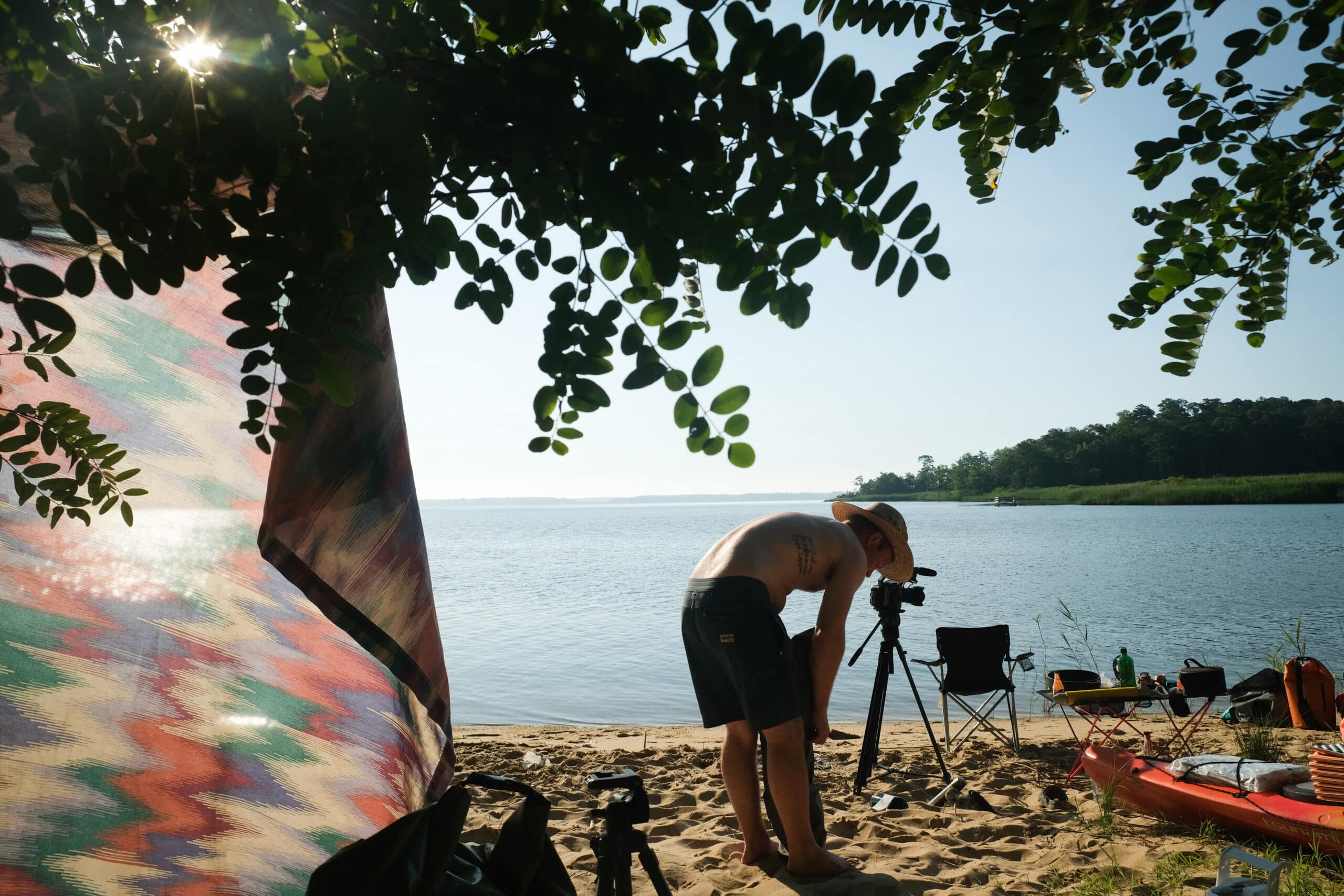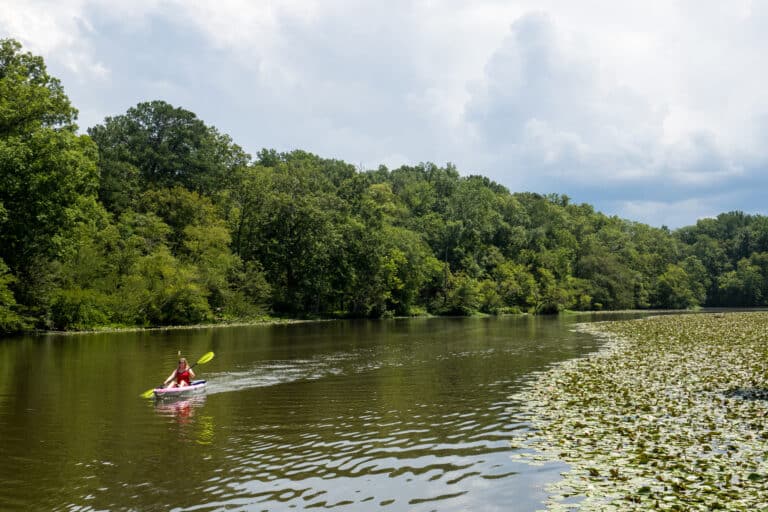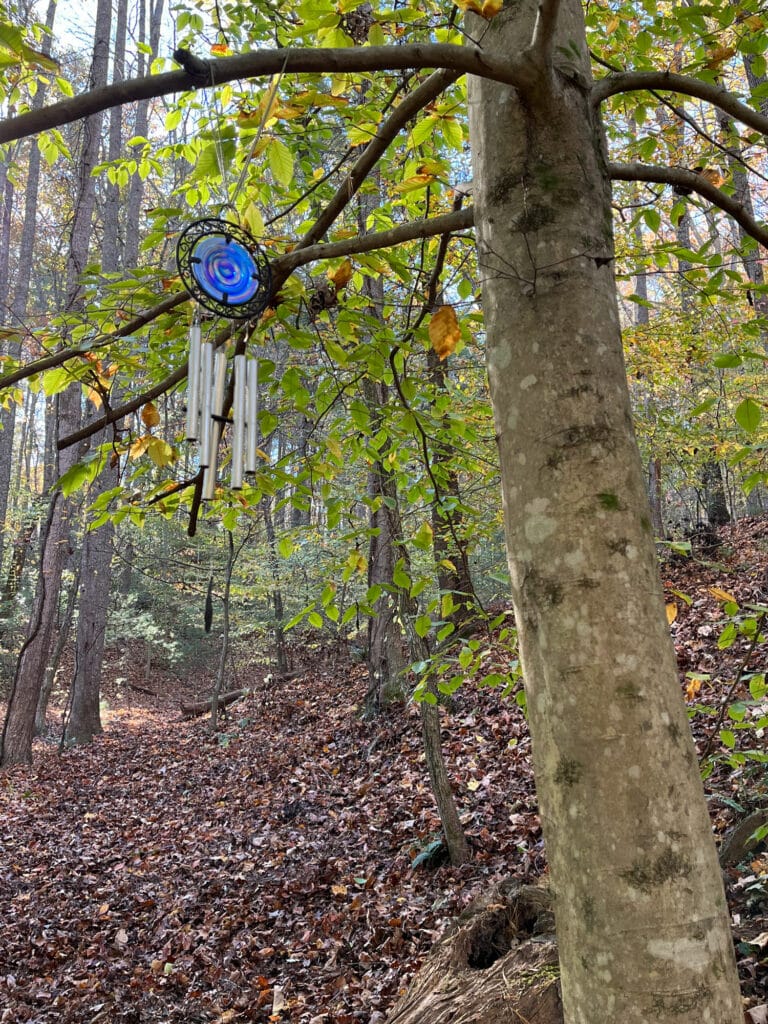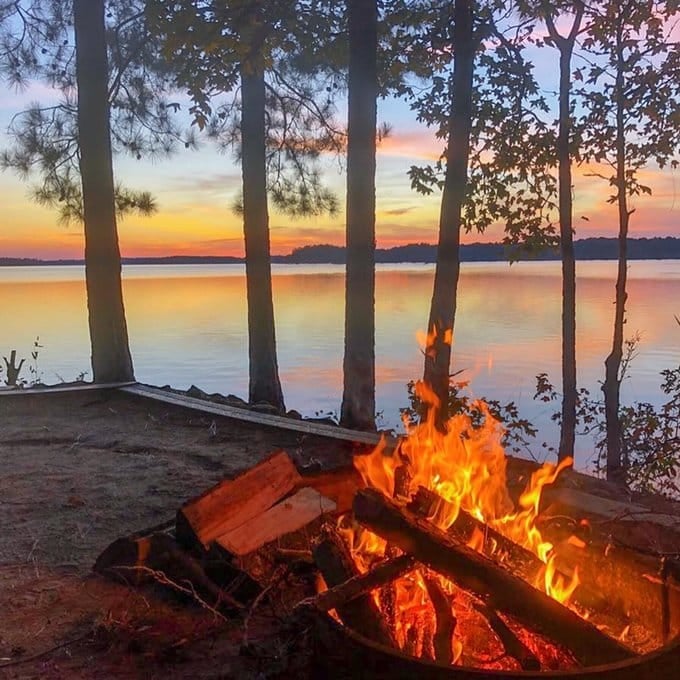Over the past two years, the team that created Headwaters Down, a documentary following the journey of five friends paddling 250 miles of Virginia’s James River over 13 days, has been working on a new film, Headwaters Down: TIDAL RIVER. The upcoming feature-length documentary follows the same group as they continue to explore one of the most vital waterways in the country.
With two Virginia showings coming up, February 27 at the Byrd Theatre in Richmond and March 7 at MOCA’s theater in Virginia Beach, we caught up with Will Gemma, writer and narrator of the films.
BRO: What inspired you to begin this project?
Gemma: Other than the river, which is always inspiring us, it has to be the response to our first film. The number of people who reached out to us after seeing the first film meant everything to us. People were sharing stories of how certain parts of the river used to be, of what it meant to them in their youth, what it means to them now, crazy adventure stories and happenstance, all of it was just incredible to hear. I get emotional just thinking about it. It gave us the confidence that we were making something worthwhile, something that actually held meaning for people.
And of course, our first film covered the James River from its headwaters to Richmond, but the river doesn’t end there. It goes all the way to the Chesapeake Bay, so we also felt like we owed it to the river to keep going and to finish what we started.
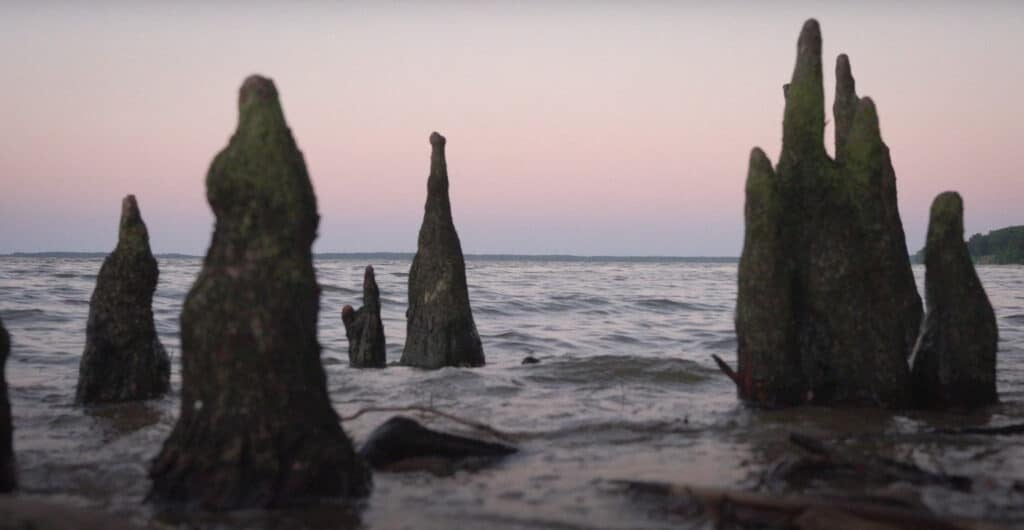
BRO: How has this project evolved since your first film debuted in 2022?
Gemma: We tried to elevate every single aspect of the process, from using better cameras to tackling more difficult subject matter. We made the first film in about six months; this one took us two years. We knew we needed to raise money to make the film we envisioned, so we dove into the grant writing process and were fortunate to receive a generous grant from the Cabell Foundation. That changed everything and allowed us to invest in our ideas.
BRO: What themes and points does Headwaters Down: TIDAL RIVER continue from your first film?
Gemma: It’s the same group of five friends, so the theme of friendship in the outdoors is a very strong part of the film. But this film, more than the first one, is about exploring the civil and ecological history of the river through a modern lens. We control the fate and health of our waterways, and that doesn’t have to be a bad thing. The story of the James proves it can be a good thing. That’s a big theme.

BRO: Who is involved and what do they bring to the canoe?
Gemma: We have the same group of five friends in this film, and they each bring something unique to the screen. Justin Black is a raft guide and incredible musician; he created the soundtrack for the film. Dietrich Teschner is our cinematographer and is talented in anything involving filmmaking. Stephen Kuester is a legend of the Richmond music scene and also features on the soundtrack. He’s about 15 years older than the rest of us, so he is the wise, balancing force in our group. Andrew Murray is a forester and arborist for Richmond and, surprise, yet another talented musician who features on the soundtrack. I’m the writer and narrator of the films, but these projects are created equally by Dietrich, Justin, and myself.

BRO: Why did you decide to focus on the James River? What does it symbolize for you personally and on a larger scale?
Gemma: This group of friends started going on paddling trips years ago, and we started on the James. The more we explored the river, the more we realized how misunderstood it was. Just 50 years ago, the James was the most polluted river in the country, and it has had a hard time shaking that reputation. But it’s truly a special river and a symbol not only of a river’s ability to recover, but of humanity’s ability to clean up a river.
Personally, the James is the first river I paddled when I moved back to the East Coast during a difficult part of my life. It’s a place of peace, a place that holds therapeutic value for me. It’s a symbol of enduring beauty and salvation.
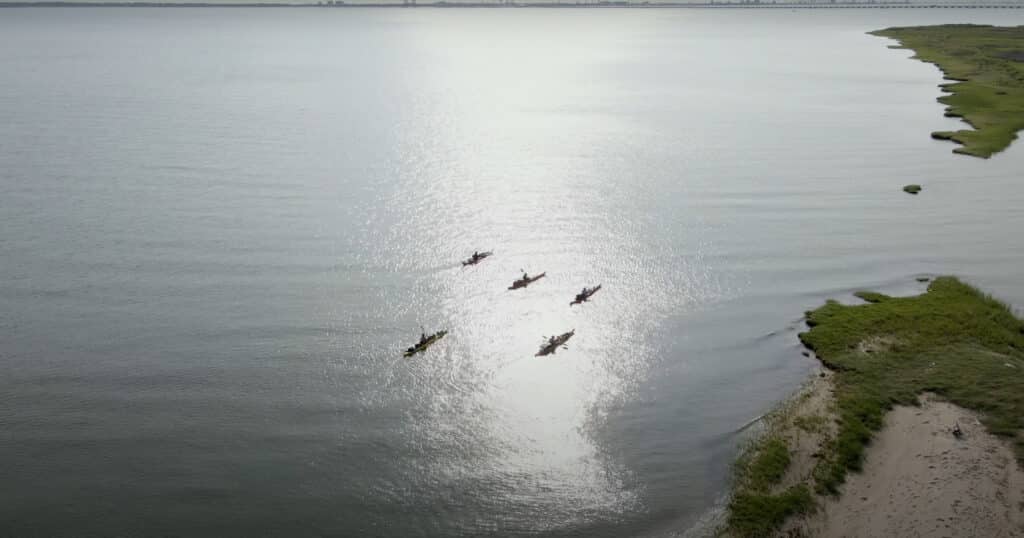
BRO: What do you hope is the biggest takeaway for people who watch your new film?
Gemma: We knew very little about the tidal James, mostly because it’s not a popular place to paddle. It’s the realm of power boats, that’s for sure. But just like the Upper and Middle James, we found that many of our assumptions were wrong. We hope it inspires people to explore this part of the river. We hope people see the river in a new light, while also understanding that while the river has come a long way, it has a ways to go. And again, that’s not a bad thing. The James is amazing now, but we get giddy thinking of what it can be.
BRO: Were there takeaways from the audience that you didn’t expect from the first film?
Gemma: We didn’t expect people to like it as much as they did. The first film is a very simple story and that’s probably why it succeeded. Hopefully, we didn’t lose any of that magic by taking the chances we did with this second effort.
BRO: What was something that surprised you during this entire process?
Gemma: The most surprising part of the river was the tidal wetlands. We had no idea there were such beautiful wetlands on the James and those parts of the film are my personal favorites. The most surprising part of making the film was just how much work it took. Even with the grant and other financial support, we each put in hundreds and hundreds of unpaid hours.

BRO: Will there be another film? What is next for the Headwaters Down crew?
Gemma: We hope so! We have no idea what it could be, but we’d love to keep following the story of water. We started in the headwaters and made it to the Bay. Exploring the Bay in some capacity feels like the next logical step, but that project would be many magnitudes larger than this one and would require the funding to match. I’m not sure I’m ready to think about it just yet.
BRO: Is there anything you’d like to share?
Gemma: If you want to support us, come to a viewing. We’d love to have a big crowd at the Byrd, and we’ve already sold a good number of tickets. Another great way is to buy a T-shirt from our website. Sounds silly, but those sales help us keep the lights on. If you want to support the James River, the James River Association is a wonderful place to start.
All photos courtesy of Headwaters Down
